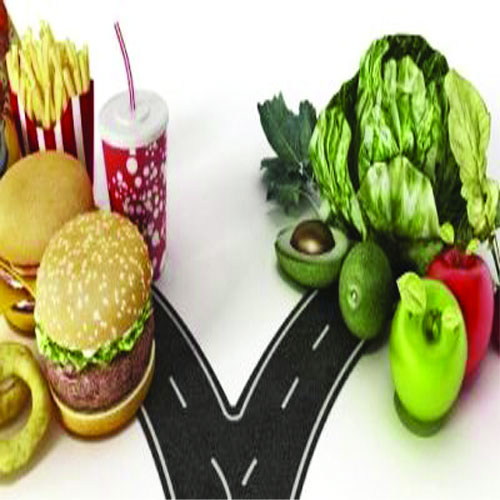Focus on immunity, nutrition and hygiene will be the primary concerns of the food industry in 2021, says Sanjay Kumar
Nutrition and health are going to be the key drivers of food trends as strengthening immunity would be the primary consumer focus at least for the next few years as we approach the dawn of 2021.
Food safety in terms of safe and hygienic cooking processes and the kind of food is consumed will be the main emphasis. Health will largely overrule taste because consumers are gradually realising that delicious food but cooked in unhygienic and unsanitary conditions could be extremely damaging to their health and can create problems beyond the joy of consuming delicious food. In India, it is often assumed that salads are most healthy, it is not necessarily true because the water is also unsafe. Therefore, it would be advisable for people to consume cooked/boiled food rather than uncooked/raw food.
Go green
There will be an increased consumption of greens and vegetables which are easy to digest such as millets, wheat and rice and lower intake of fried foods and meats because they are perceived to be less healthy, though it is not always the case.
There will be a spike in the consumption of foods like avocados, fruits and cereal-based options.
Importance of hygiene
Due to safety concerns, food from roadside eateries and unregulated food stalls within and around corporate hubs are going to see a significant dip.
Conscious eating
Consumers will be more aware of the risks associated with consumption of outside meals and hence, make the right food choices. For example, eggs have the highest consumption risks, about which, unfortunately, most people are not aware. It is because of the contamination in eggs and the infection they can potentially carry. Most food service providers do not focus adequately on sanitisation of eggs and this is a cause for concern, especially in India. Also, an inclination towards vegetarianism is on the rise given the concern around consumption of chicken, the most-widely consumed non-vegetarian food item in India.
Tech-driven cafes
Technology will be a key driver of innovation in the food industry and will enable true analysis of consumption patterns, enforcing safety, social distancing norms and monitoring them on digital platforms.
Smarter use of food waste
Apart from this, food waste is an increasing and alarming concern at ends, including the food system and the climate. Studies have shown that between 30 to 40 per cent of the food supply gets wasted on a yearly basis. The impact further becomes graver when we look at the water, energy, and land resources which were utilised for producing food that never even gets consumed.
The awareness of food waste is increasing and has already started to take roots in India. As a result, many manufacturers and producers are now making an effort to use ingredients that would normally be wasted. This concept is promising as it promotes good health and reduction of food wastage simultaneously. Hence, the upcycled food is going to be a trend. It is similar to the agenda of upcycled furniture — using a discarded material and turning it into something useable, which means edible when it comes to food.
Companies across the world are innovating and we can today see a yoghurt company using surplus fruit and whey, a bi-product of yoghurt production process, to make probiotic tonics and frozen probiotic pops. Another such brand is using leftover fruits and vegetables to make chips without the use of preservatives and so on. Chefs too are innovating and making optimum use of the peels of vegetables and fruits in dishes as this part of the nature’s produce is largely ignored or neglected or used inefficiently by many.
We can’t have the luxury of being able to casually toss the scraps. Rather, the businesses that pull ahead are those that make smarter use of ‘waste’ products. Consumers care about the environment just as much as they care about their food sources. Upcycling combines the two and gives you a powerful messaging tool. And it’s only going to get better as more and more consumers understand what goes into upcycling. As there is increasing awareness about upcycled food, people do not want to waste food.
As the food production industry continues to feel the economic and environmental implications of food waste, more companies are creating channels and partnerships to source upcycled ingredients, thus helping to curb the amount of food that goes to waste globally per annum.
Well, consumers in 2021 are expected to make healthier food choices and focus on boosting their immunity to be better equipped for the challenges in the post-pandemic world.
(The writer is CEO & MD, Elior India.)
























